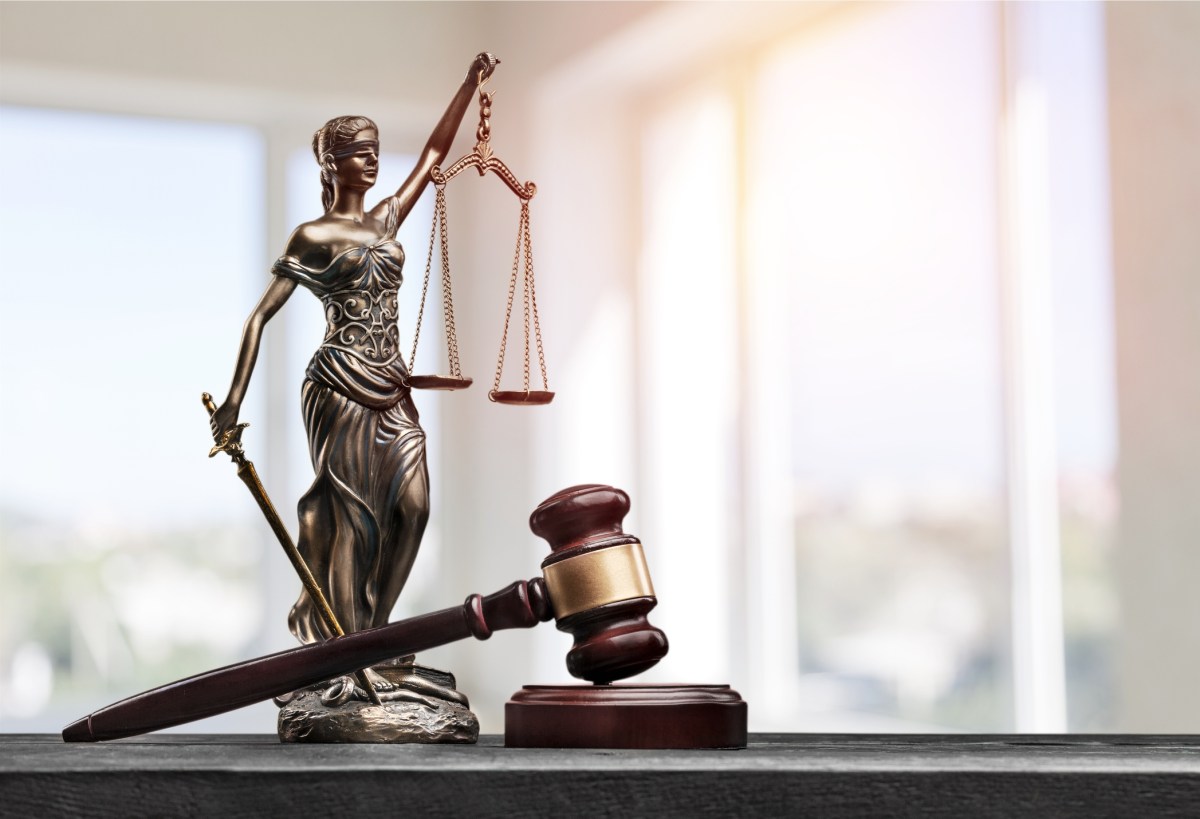With the New York State Bar Exam nearing as the coronavirus crisis continues, two Astoria lawmakers are taking action.
Assemblywoman Aravella Simotes introduced legislation to create an exemption during the COVID-19 pandemic for law graduates representing indigent clients, and who have not yet passed the bar exam, to continue to practice law.
The exemption would also apply to graduates working for state and local government. Currently, law graduates can represent certain clients under the supervision of a licensed attorney if they have failed the bar exam less than two times. However, limited testing accommodations due to the COVID-19 crisis have left repeat test-takers uncertain as to when they will be able to register for a seat for the next bar exam.
“New York needs to be mindful about who will be immediately affected by limiting the pool of experienced professionals who can assist indigent clients during the COVID-19 pandemic — seniors, tenants being evicted from their homes and immigrants,” Simotas said. “We have an obligation to mitigate the risks to New Yorkers during this health crisis, and ensuring that the indigent have informed legal representation is an important way in meeting our duty.”
The pandemic has limited seating for the September bar exam by prioritizing law graduates who are first-time test-takers, leaving bar exam retakers out in the cold. Now law graduates who have not yet passed the bar exam fear salary cuts, unemployment and removal from cases. More importantly, indigent clients will bear the heavy consequences of this limitation as new attorneys assigned to their cases will need time to familiarize themselves with matters and start with a limited understanding of the facts that is only improved with experience.
The bill will also protect government workers who are diligently serving the public during the crisis from losing their jobs because they were unable to sit for the bar exam. Under these extraordinary circumstances, New York must ensure that all residents have informed legal representation to advocate for their rights, Simotas explained.
Meanwhile, state Senator Michael Gianaris called on New York’s Chief Judge Janet DiFiore to seek alternatives for this year’s bar exam, including moving the test online and offering diploma privileges to graduates of New York law schools, powers within the executive discretion of the Court of Appeals. Gianaris sent Judge DiFiore a letter outlining his proposal.
“The bar exam is stressful under regular circumstances, months of studying leading to a lengthy exam in a crowded room. That is simply unwise and impossible to execute this year,” Gianaris said. “Looking for exam alternatives, including moving the exam online and offering diploma privileges, would prevent a public health catastrophe when recent law school graduates are scheduled to sit for this exam.”
Gianaris wrote that last July, the bar exam attracted upwards of 10,000 people.
“Given that New York state is still hesitant to open large indoor spaces such as malls and gyms, any form of the test that requires test-takers to remain in one large indoor space is potentially hazardous,” Gianaris wrote.
He cited measures enacted by five other states, including Massachusetts, to offer online bar exams. Some states have also granted “emergency diplomas” to some law school graduates.
“The risks associated with a further postponement or the holding an in-person exam in September 2020 are too great to be ignored,” Gianaris wrote.
This story first appeared on qns.com.



































